New £10m digital engineering centre for region launched
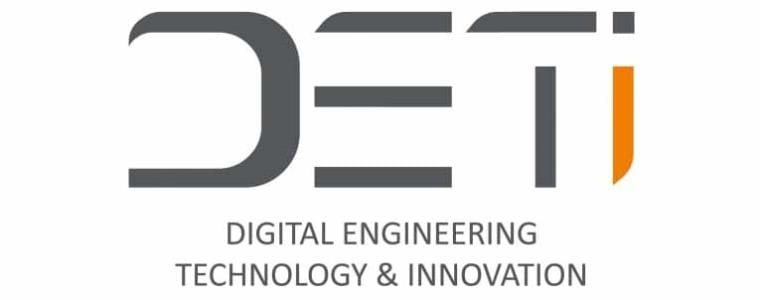
A new £10 million digital engineering centre for the region has been launched.
UWE Bristol will play a central role in the Digital Engineering Technology & Innovation (DETI) initiative, which was announced earlier this year and will be important in driving innovation and digitally enabled recovery following the coronavirus outbreak.
DETI is a research, innovation and skills initiative to develop and accelerate digital engineering across multiple sectors for future generations of engineers and engineering products. It is receiving £5m from the West of England Combined Authority (WECA) and is expected to deliver at least £62m of added research and development value over five years.
It forms part of WECA’s commitment to prioritising innovation to improve business productivity and resilience, create new skills and employment opportunities for residents, and help the shift towards a low-carbon economy. This is a pillar of the West of England’s Local Industrial Strategy, which sets out clear priorities to drive long-term, clean and inclusive growth.
DETI will work with leading companies and support industry to reduce carbon emissions by producing better products that are lighter, more fuel efficient and have less waste through undertaking research and innovation in the virtual world.
West of England Mayor, Tim Bowles said: “Following the coronavirus outbreak I’m determined that our region remains a thriving, successful and innovative place to live and work. Innovation and digital technology are vital to help our businesses recover and emerge digitally stronger. DETI will play an important part in our recovery and will have a major impact on reducing carbon emissions through accelerating the development of more efficient and sustainable ways of working while inspiring the next generation of engineers. By fast-tracking innovation, the West of England region will be better placed to maintain employment levels, reinforce our competitive position in global markets and make business more resilient for the future.”
DETI is a strategic programme of WECA, delivered by the National Composites Centre (NCC) in partnership with UWE Bristol, the Centre for Modelling & Simulation (CFMS), Digital Catapult, the University of Bristol, and the University of Bath. Industry partners include Airbus, GKN Aerospace, Rolls-Royce, and CFMS, with in kind contributions from UWE, Digital Catapult and Siemens. DETI is funded by £5m from WECA, with co-investment from the High Value Manufacturing Catapult and industry.
UWE Bristol will lead on one of the centre's three core areas of focus: skills and workforce development. This element of the project will concentrate on the provision of digital skills, training and career development for the engineering workforce of the future. It will also see UWE Bristol's Department of Engineering Design and Mathematics create an integrated education and workforce development capability programme and talent pipeline that will inspire, introduce, convert and specialise, promoting an inclusive diverse workforce, crucial for creativity and innovation.
Related news
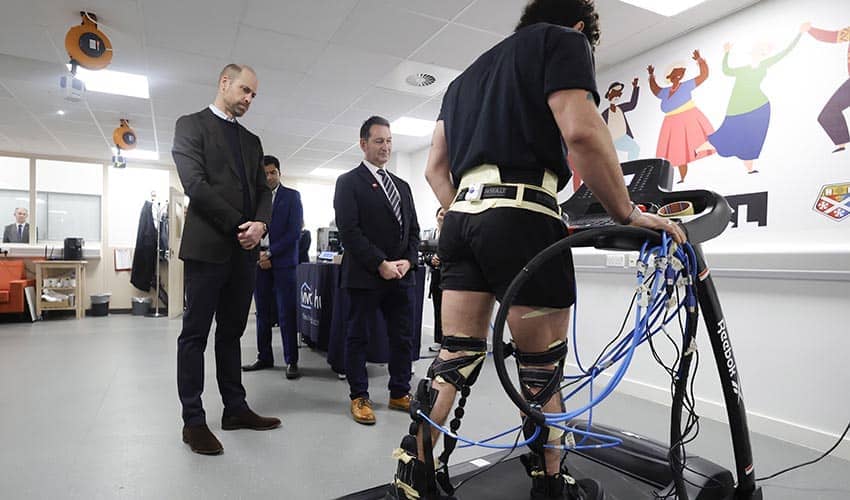
22 January 2026
Prince of Wales visits UWE Bristol to see pioneering robotic tech tackling societal health challenges
The Prince of Wales visited the Bristol Robotics Laboratory (BRL) at the University of the West of England’s (UWE Bristol) Frenchay campus today (22 January 2026) to learn about the pioneering robotic technologies being developed to help the ageing and disabled population maintain mental and physical wellbeing and remain independent for longer.
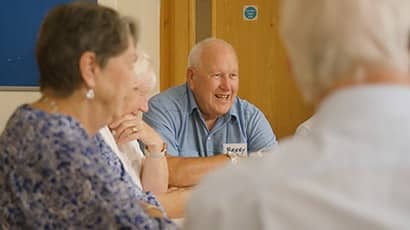
21 January 2026
Dementia support groups developed by professor adopted across globe
A programme started by a UWE Bristol academic to provide emotional and practical support for people with dementia is now being adopted around the world.
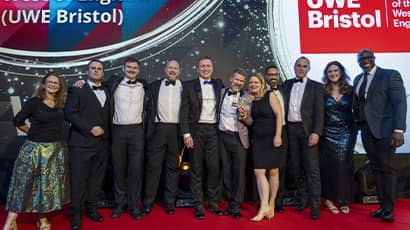
12 December 2025
UWE Bristol’s environmentally conscious and student-focused accommodation wins three awards
Purdown View, the world's largest certified Passivhaus student accommodation development, has been recognised at Property Week Student Accommodation Awards.

25 November 2025
Health-tech start up MyCelsius launches breakthrough cooling tech for hot flushes developed at UWE Bristol’s Launch Space
A pioneering Bristol-based health-tech company developing cutting-edge cooling technology for hot flushes has credited UWE Bristol’s Launch Space incubator with playing a key role in accelerating its product development.
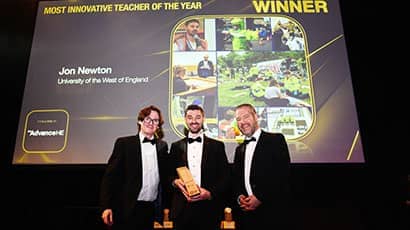
14 November 2025
Lecturer wins prestigious Times Higher Education award for innovation in teaching
A senior paramedic science lecturer at UWE Bristol has been named the most innovative teacher of the year in the Times Higher Education Awards 2025.
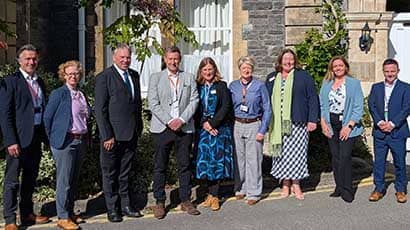
13 November 2025
Alliance Medical and UWE Bristol launch UK’s first PET-CT postgraduate certificate
In a move set to transform imaging education, Alliance Medical (AML) and UWE Bristol have joined forces to co-design and develop the UK’s first PET-CT Postgraduate Certificate (PG Cert).

13 November 2025
New AI research to revolutionise animal welfare
A UWE Bristol research project will combine behavioural science and AI to create technology that understands not only what animals do, but how they feel.

29 October 2025
UWE Bristol academic unveils breakthrough in energy-efficient AI at NATO science forum
Dr Jonathan Lancelot has developed a new form of AI that could transform how intelligent machines operate in space, defence, and remote environments.
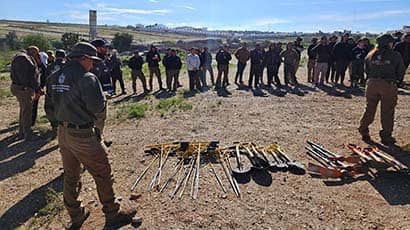
07 October 2025
Academic playing role in project to find hidden graves in Mexico using drone technology
A UWE Bristol lecturer is playing a part in a project using drone technology to locate concealed graves in Mexico.
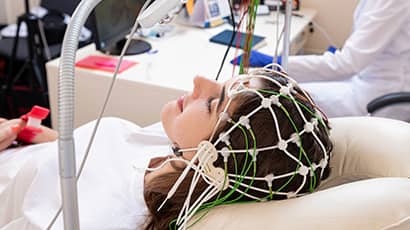
01 October 2025
New funding for researchers to develop trustworthy clinical AI for assessing brain activity
Researchers have received funding from UK Research and Innovation to help bring their innovative brain-monitoring AI technology closer to real-world use.
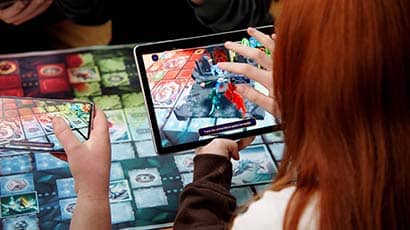
11 September 2025
New study to investigate augmented reality as an intervention for emotionally based school avoidance
A UWE Bristol researcher will support a new study exploring whether an augmented reality board game can help young people with emotionally based school avoidance (EBSA).
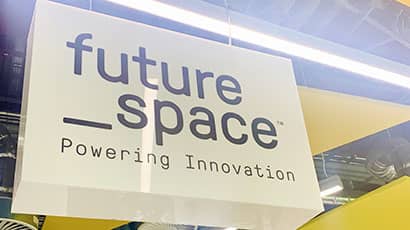
22 August 2025
A decade of Future Space: How UWE Bristol’s enterprise zone is powering innovation and economic growth
Tracey John, Director of Research and External Engagement, reflects on the impact of Future Space and its role as a launchpad for cutting-edge companies shaping the future of how we live and work.






